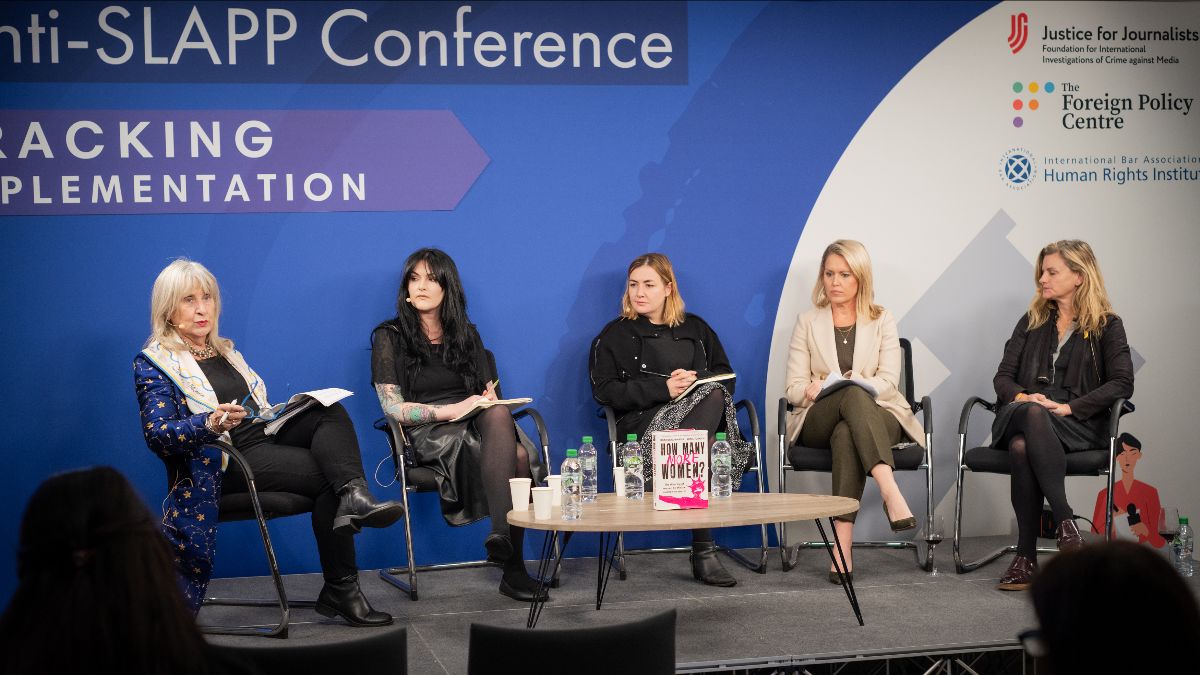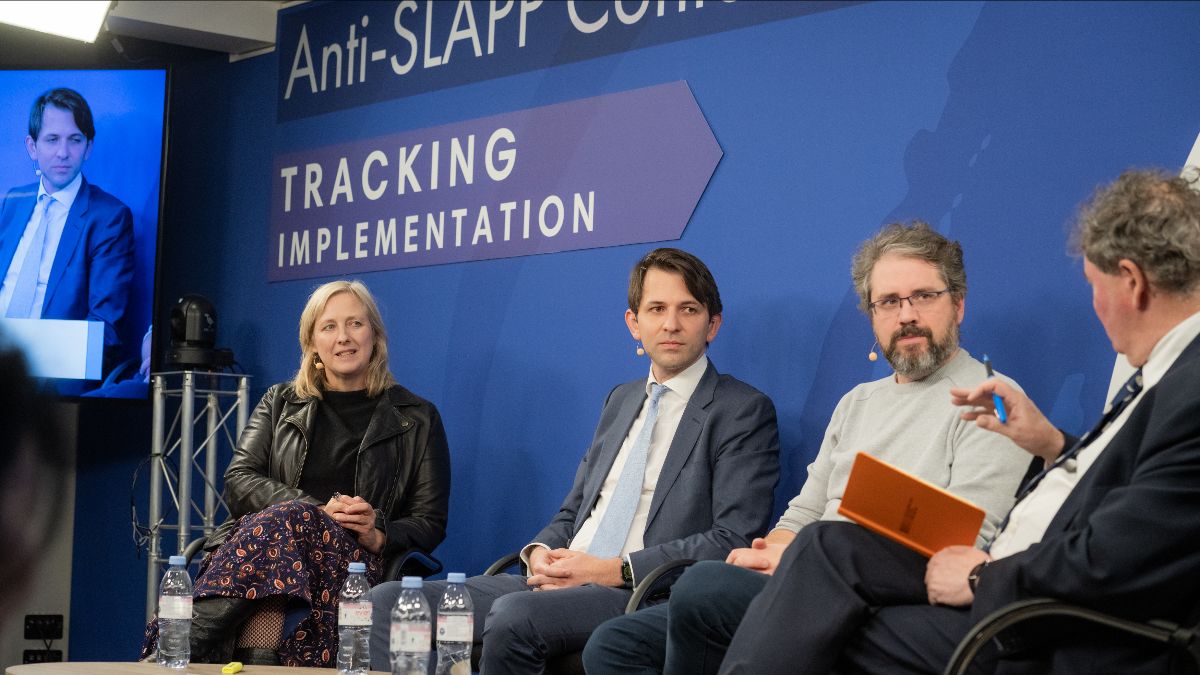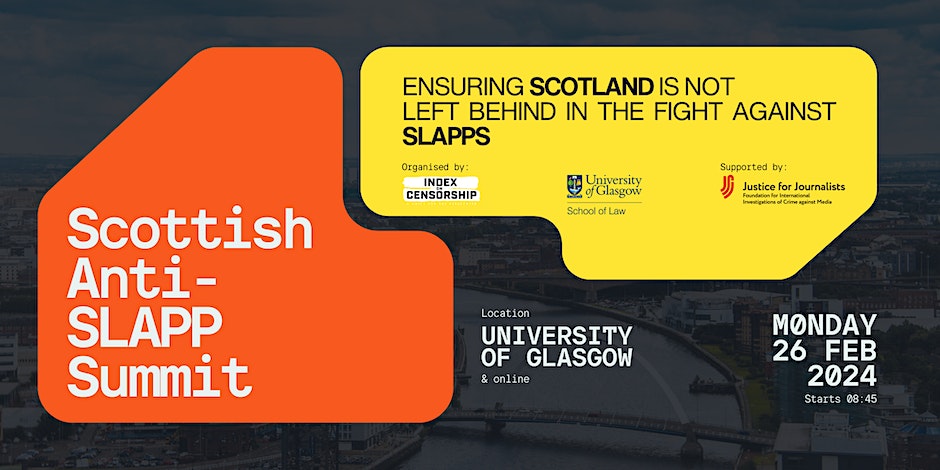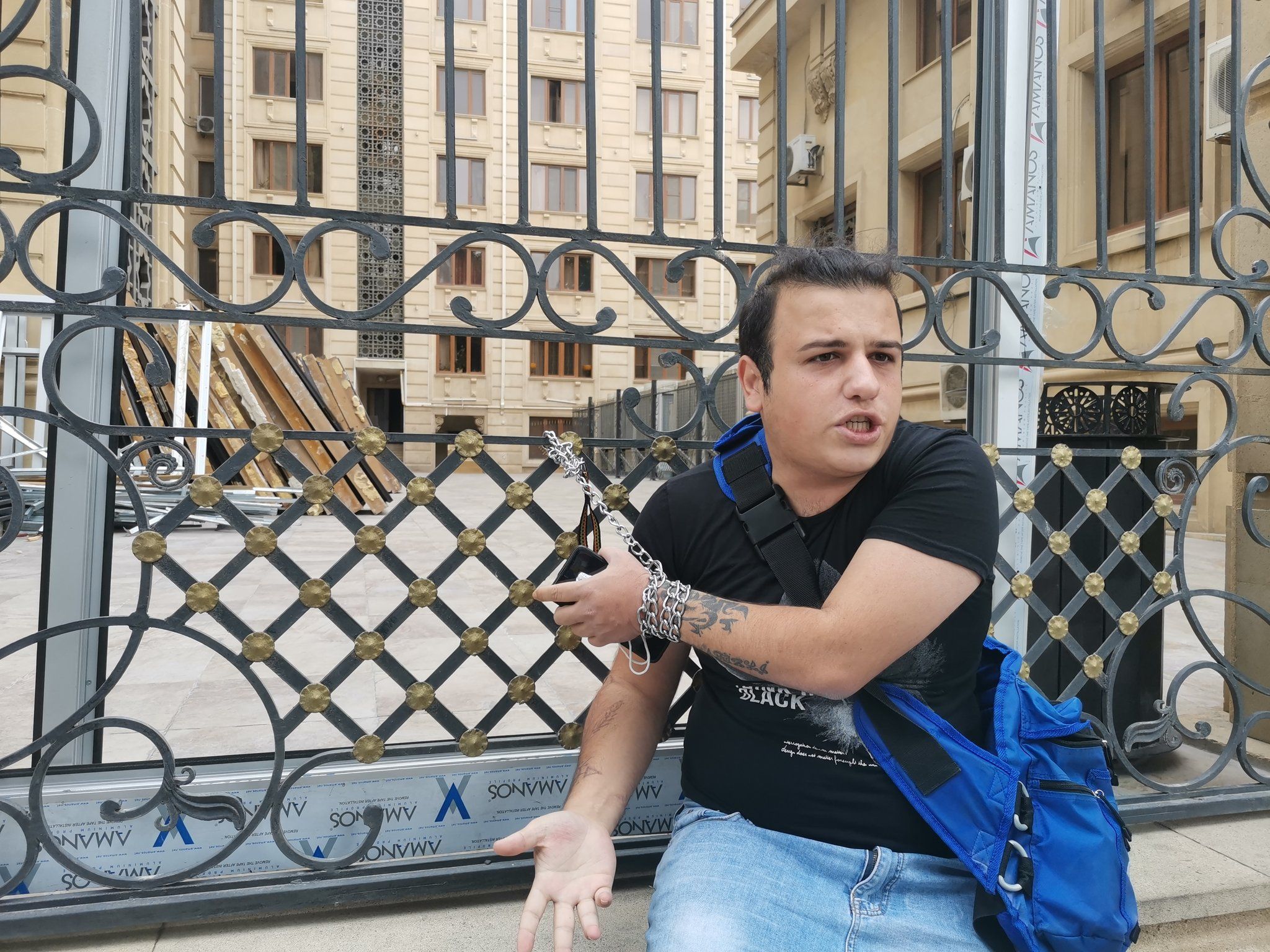INVESTIGATIVE GRANT PROGRAMME

Maung Zarni, a Burmese scholar and media activist exiled in the United Kingdom, published the study ‘Two Generations of Myanmar Journalists Fight the Dictatorship from Exile: A Critical Appraisal’. He looks into how two generations of Myanmar activists, revolutionaries and exiles set up and run their media outlets as they find themselves in an uphill struggle against the more than half-century-old ruthless military dictatorships of Myanmar. The study outlines the challenges, obstacles, and opportunities of the exiled Myanmar media.
Pakistani freelance journalist Shabina Faraz released an investigation into the murder of journalist and vlogger Nazim Jokhio in Pakistan. The alleged murder of Nazim Jokhio by the ruling elite raises severe concerns about the safety and protection of journalists in the country. In the last four years, more than 42 journalists have been killed in Pakistan, and several have been threatened with severe repercussions for them or their families.
DARAJ, an independent digital media platform covering the Arab region, released a series of articles exploring the use of the latest technologies for spying on Arab journalists and human rights activists, in particular females, and the impact of Pegasus and similar technologies on the personal and professional lives of journalists. The project consists of several investigative articles:
- How Pegasus Spyware Has Changed the Lives of Jordanian Journalists and Activists
- The Evolution of Cyber Espionage in the Arab World Since the Beginning of the Arab Spring
- The Lebanese State’s Self-Authorization for Phone Surveillance
- United Nations Employees Under Surveillance: Why Has the UN Failed in Holding Spyware Companies Accountable?
EVENTS AND ADVOCACY

- On November 20-21, the European Implementation Network organised a conference in Leipzig, Germany. JFJ’s Grants and Partnerships Manager Vafa Fati-Zada participated in the panel discussion ‘Safety and security of journalists and other media actors’. Panellists discussed the positive developments in strengthening the legal framework for the protection and safety of journalists recorded in Ukraine after 2014, and addressed the shortfalls related to investigations into attacks against journalists. The speakers addressed the critical ongoing challenges faced by journalists in Turkey, with a focus on the increased use of SLAPPs and its negative impact on the security of journalists.
- On November 20-21, the Council of Europe Information Society Department and JFJ organised the second workshop for Belarusian journalists in exile. The topics of discussion included professional solidarity and cooperation among journalists in exile and national and international associations, support to Belarusian journalists through European mechanisms, ways for Belarusian independent media to circumvent censorship, and how Big Tech can help Belarussian independent media in its fight against state propaganda.
- On November 22, JFJ’s Director Maria Ordzhonikidze participated in the launch of the OSCE RFoM Safety of Journalists Toolbox. The toolbox is a part of the project on “Safety of Journalists” of the OSCE Representative on Freedom of the Media (RFoM), where JFJ has been one of the contributors. Upon the discussion, a special report on the first roundtable was issued.
- On November 24, JFJ joined civil society and media freedom organisations, expressing concerns about the legal action brought against dissident Russian journalists Andrei Soldatov and Irina Borogan. We believe that an injunction brought against them by a Berlin-based Russian financier is aimed at threatening their reputation in the exile community.

On 27-28 November, the Foreign Policy Centre, the Justice for Journalists Foundation and the International Bar Association’s Human Rights Institute organised the 3rd UK Anti-SLAPP Conference: Tracking Implementation that drew several hundred online and offline participants. We would like to wholeheartedly thank our esteemed speakers, moderators, guests and financial contributors. In case you missed it, recordings of all sessions are available on the conference website.

On February 26, 2024, the Index on Censorship, the University of Glasgow and the Justice for Journalists Foundation will hold the Scottish Anti-SLAPP Summit in Glasgow, Scotland. It will bring together lawyers, journalists, experts and campaigners to discuss the SLAPPs landscape in Scotland, identify the gaps in Scots Law and explore what needs to be done to protect Scotland’s courts from abuse.
REPORTS
On November 21, the Justice for Journalists Foundation released findings of the expert survey conducted among 108 Russian and Belarusian media workers in exile. In their new countries of residence, 85% of respondents said they felt either completely or somewhat safe. However, 45% of journalists working abroad continue to face a variety of threats. Detailed survey findings are available here.

The Justice for Journalists Foundation and its partner in Azerbaijan released an annual report about attacks on media workers in 2022 in Azerbaijan. In 2022, there was a decrease in the total number of attacks against media workers in the country. The most common type of pressure media representatives faced was attacks via judicial and/or economic means. Attacks against journalists and media outlets continue to go uninvestigated. Throughout 2022, none of the people responsible for the attacks have been identified or brought to justice. Attacks against Azerbaijani media workers living abroad continued. In 2022, at least two incidents of both physical and non-physical attacks on journalists were recorded.
